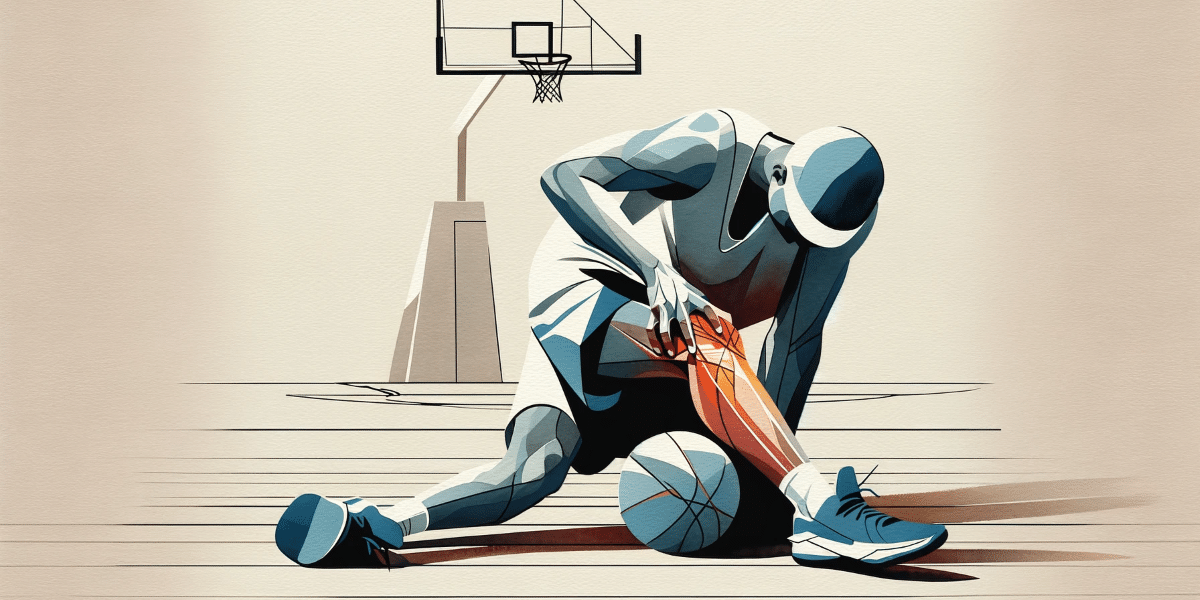The world of sports, brimming with energy and enthusiasm, is unfortunately also a landscape where injuries are common. These injuries, especially when occurring early in life, can have lasting effects on long-term orthopedic health. Understanding this link is crucial for both prevention and effective treatment strategies.
Common Sports Injuries and Their Long-Term Implications
Injuries such as ACL tears, ankle sprains, and shoulder dislocations are prevalent in sports. While immediate treatment often focuses on healing and return to play, these injuries can predispose individuals to long-term issues like osteoarthritis, chronic pain, and reduced mobility.
The Role of Early Intervention and Rehabilitation
Early intervention and proper rehabilitation post-injury are key factors in preventing long-term orthopedic problems. Tailored rehabilitation programs, designed by specialists like Robert MacArthur, MD, an orthopedic surgeon from Albany, New York, play a crucial role in ensuring complete recovery and minimizing future health risks.
Preventive Measures in Sports
Prevention is always better than cure, especially in sports. Incorporating strength training, proper warm-up routines, and using the right equipment can significantly reduce the risk of sports injuries. Athletes, coaches, and trainers must be educated about injury prevention techniques.
Advancements in Treatment Approaches
Advancements in orthopedic surgery, especially in treating sports injuries, have been transformative. Arthroscopic surgery, which involves less invasive techniques, allows for quicker recovery times and less postoperative discomfort. Regenerative medicine, utilizing techniques like stem cell therapy and tissue engineering, is pushing the boundaries of healing, encouraging the body’s natural ability to repair and regenerate. These advancements have significantly improved the recovery process, allowing athletes to return to their sports with a lower risk of re-injury. Furthermore, the ongoing research and development in biomaterials and implant technology are enhancing the longevity and effectiveness of surgical interventions. These innovations not only address immediate injury concerns but also focus on long-term joint health, aiming to reduce the onset of arthritis and other degenerative conditions commonly seen in athletes post-injury. This holistic approach in modern orthopedic care underscores the commitment to not just repairing injury but also ensuring a sustainable return to peak physical activity.
Understanding the Psychological Impact of Sports Injuries
The psychological impact of sports injuries, often overlooked, can be profound. Athletes may experience fear of re-injury or depression during long recovery periods. Addressing these psychological aspects is essential for holistic recovery and long-term well-being.
Long-Term Monitoring and Care
For athletes who have suffered significant injuries, long-term monitoring is vital. Regular check-ups and assessments can help in identifying and managing potential chronic issues before they become more serious.
The Role of Technology in Managing Long-Term Health
The use of technology, particularly wearable devices, is revolutionizing the way we monitor and manage long-term health in the field of orthopedics. These devices, equipped with sensors, track movement patterns, joint stress, and muscle activity, offering a comprehensive view of an athlete’s recovery progress. The data collected can be used to tailor rehabilitation programs, adjust training regimens, and even predict potential injury risks. This proactive approach, aided by technology, is pivotal in preventing recurring injuries and managing chronic conditions. Additionally, the integration of these devices with telehealth platforms enables ongoing communication and monitoring by healthcare providers, ensuring timely interventions and adjustments to treatment plans. This synergy of technology and healthcare is setting new standards in personalized patient care and long-term health management.
Conclusion
The link between sports injuries and long-term orthopedic health is a critical area of concern for athletes, healthcare providers, and sports organizations. By focusing on prevention, early intervention, and advanced treatment strategies, it is possible to reduce the long-term impact of these injuries. Professionals like Robert MacArthur, MD, are at the forefront of advocating for and implementing strategies that ensure the long-term orthopedic health of athletes. As our understanding of this link deepens, the approach to sports injuries continues to evolve, promising better outcomes for athletes at all levels.
Published by: Raf Aspillaga









